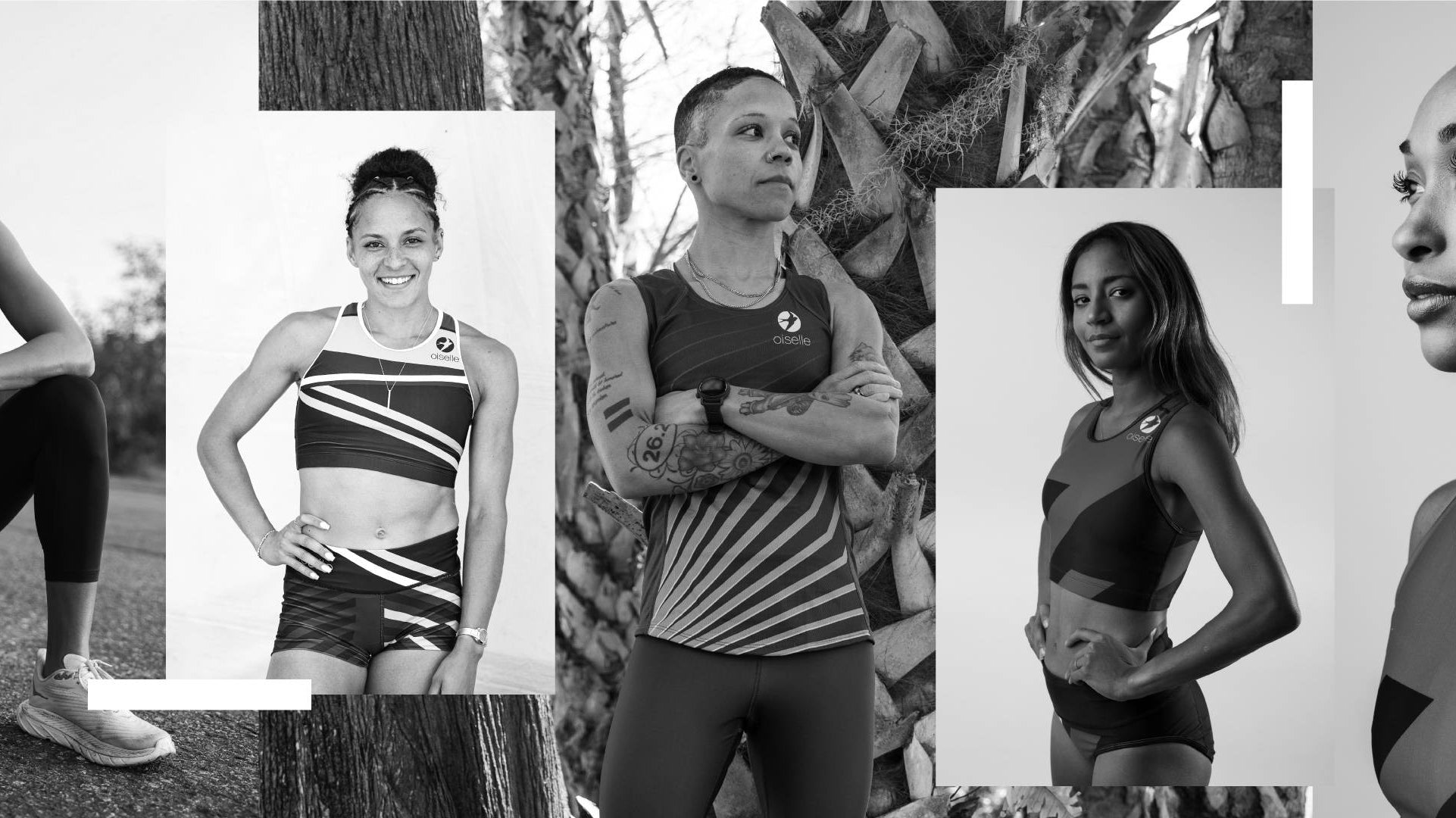Sarah Lesko: Wow, can you believe it's been 4 years since 2016?
Kara Goucher: No, it's so crazy how much my relationship with running has changed since then, how much I've changed as a person since then, and yet I can still feel how bad I wanted it that day, and how much I loved my preparation for that race. I can still feel it all, it's still very clear in my mind.
SL: Regardless of the time on that day, we feel that was one of your most amazing efforts. I was wondering your take on that; how do you rank 2016 in terms of effort?
KG: I'm really proud of that race. I'd been coming from a lot of down years and life stress and had to claw my way back. Oiselle believed in me, but besides Oiselle and my family I don't think anyone else believed I had a shot.
SL: They didn't even interview you. You weren't in the conversation for top 10!
KG: There was hardly any media in the lead-up, I wasn't invited to the press conference. I had finished third four years earlier and it was like, “Oh, that's nice, she made it back.” To be fair, I had struggled, but I knew I was in really good shape. I had no idea what the other women would bring, but I knew that I had gotten myself into a position that I was just as fit as I had been in the past. I thought if the weather was cool, I could run between 2:25 and 2:26. Obviously we ended up changing our race strategy because of the heat -- originally our race strategy was to go with any move, but with the heat we decided that was way too risky. But I don't think I made any mistakes. I think I shut down a little bit the last few miles. I’d imagined I’d be top 3 or I’d be 24th, I'd never imagined that I'd be 4th. Those last few miles were not enjoyable and I almost didn't want to finish because I had enjoyed training so much and it was just over. I felt like minus those last three miles giving up a little bit, I ran really well, I didn't make any mistakes, and I got beat by three Olympians.
SL: Yeah, three top-10 Olympians!
KG: They ran so well at the Olympics, we sent the top team in the world that year.
SL: What was it that helped you summon that effort, do you think?
KG: I think it was really re-finding my love of the sport. I honestly give so much credit to Oiselle: the community allowed me to run for all the right reasons. Coming back to Boulder and running under Mark and Heather with the history we had together, I felt like I was so recharged. Also in 2015 going public with the Alberto stuff helped me so much because I felt like that was holding me back as a person. After that it was just no longer weight I was carrying around any more. So the combo of signing with Oiselle -- which is such a supportive community that cared about me as a human and not as a performer --and then being back in Boulder with people I had trusted and had such a good relationship with and they knew me long before...I think the combo of all that helped me find my love for it again.
SL: Did you use a mantra during the race at all?
KG: I just kept saying to myself "I belong." It had been a long time since anyone considered me anthing threatening, and I just kept telling myself, "I deserve to be here, I belong here. I am capable."










